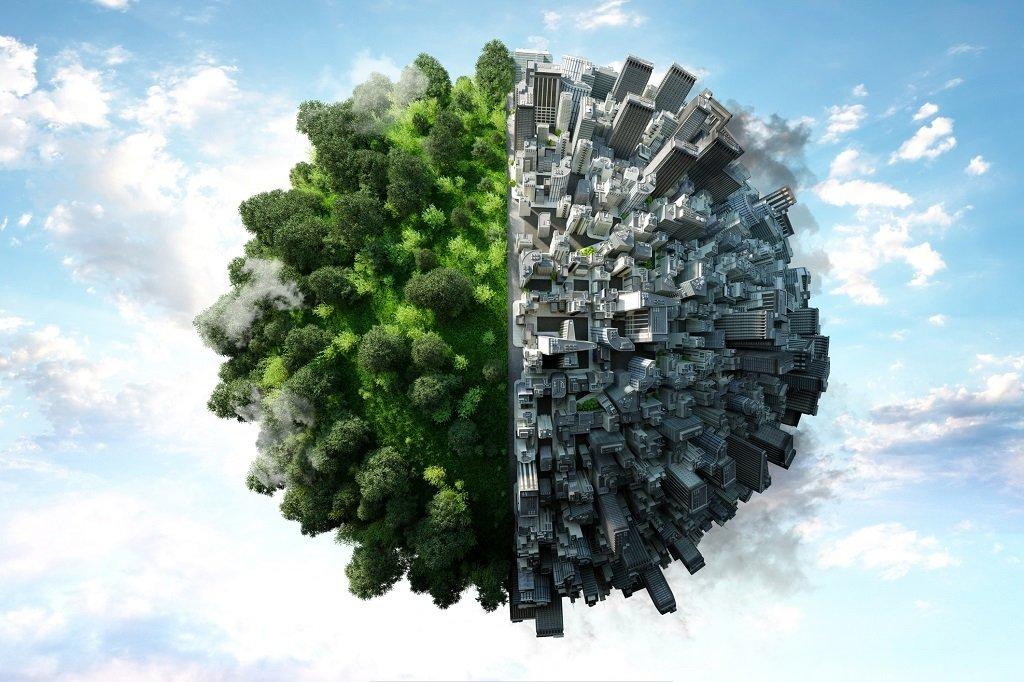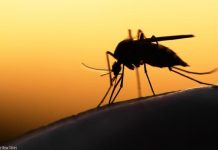Africa-Press – South-Africa. Ernest Bai Koroma, Hailemariam Desalegn and Ruhakana Rugunda.
On 22 April 2022, we had the great privilege of meeting with His Excellency, President Cyril Ramaphosa, alongside the Hon. Minister Barbara Creecy and the Hon. Minister Naledi Pandor. Our meeting took place against the backdrop of climate catastrophe. At the time of writing, hundreds of lives had been lost to the floods in KwaZulu-Natal (KZN), infrastructure had been destroyed, and homes washed away. And the evil responsible for this tragedy? The twin crises of climate change and biodiversity loss, and as His Excellency President Ramaphosa rightly said – this is a “catastrophe of enormous proportion”.
Accelerated climate change and the destruction of our ecosystems have directly led to natural disasters and erratic and extreme weather patterns, felt particularly harshly here in Africa. In KZN, they witnessed an entire year’s rainfall in just 48 hours, and this comes off the back of three tropical cyclones and two tropical storms across the south-east Africa region within a six-week period! Events like this will increase in frequency and impact if we don’t take immediate and ambitious action.
The global loss of natural areas poses a grave threat to clean air and drinking water, the prosperity of communities, and our ability to protect ourselves from severe weather, floods, catastrophic wildfires, and other impacts of a changing climate. At present, nearly one million plant and animal species face extinction, and we’ve lost 60 percent of terrestrial wildlife and 90 percent of the big ocean fish.
Africa could lead
But while Africa’s contribution to this catastrophe is negligible, we believe that the continent could lead the way in turning this calamity around. Scientists are clear that we need to urgently expand our protected and conserved areas to at least 30% of the planet’s land and ocean by 2030 to curb biodiversity loss. And, here in Africa, we are well on our way to contributing to this effort.
ALSO READ |
Wim de Villiers: Climate change is here, and we need to act now
Take South Africa; for example, the government has recently announced an ambitious plan to protect 30% of their land and sea by 2036, a hugely inspiring and laudable goal. South Africa already has significant areas of land and sea under protection and it heralds some fine examples of community-led conservation, such as the Somkhanda Game Reserve and iSimangaliso wetland park. Furthermore, South Africa has proven that ambitious conservation creates jobs – SANBI recently found that there are more than 418 000 jobs related to biodiversity nationally.
Now look at Namibia: in 1990, it became the first country in Africa to incorporate environmental protection into its constitution.
And today, they have nearly 40% of their terrestrial land under protected areas, with community conservation areas covering 20% of the country – empowering rural people, improving their livelihoods, and conserving wildlife and the environment.
These are just two examples of many across the African continent. So, it should come as no surprise that African countries now make up over one-third of the 95-country strong High Ambition Coalition for Nature and People, which is heeding the scientists’ warning and advocating for a global goal to protect and conserve 30% of the planet by 2030.
Africa taking control of its destiny
By joining together as an African group, we can share knowledge, insights and capacity to ensure our natural heritage is preserved. In doing so, we can demonstrate that Africa is taking control of its own destiny, investing in ecological infrastructure and sustainable development, based on resource enrichment, instead of resource exploitation – prioritising the environment for the betterment of our people, their livelihoods and our continued development.
But this will require leadership at the highest levels, and so with great satisfaction and enthusiasm, we listened to His Excellency President Ramaphosa acknowledge that the world faces unprecedented environmental challenges in terms of biodiversity loss and climate change.
We are even more heartened that he supports the global goal of protecting 30% of the world’s land and sea by 2030 and that South Africa is committed to effective protection, conservation and sustainable use of biodiversity inside and outside protected areas, as well as the effective engagement of communities, addressing poverty and unemployment, and incentivising conservation efforts. His enlightened leadership will be critical to our success across the continent.
We applaud the government of South Africa for their decisive and ambitious commitment to halting the loss of biodiversity and tackling climate change, and we stand ready to support them in these efforts to safeguard the future of our planet.
For More News And Analysis About South-Africa Follow Africa-Press






